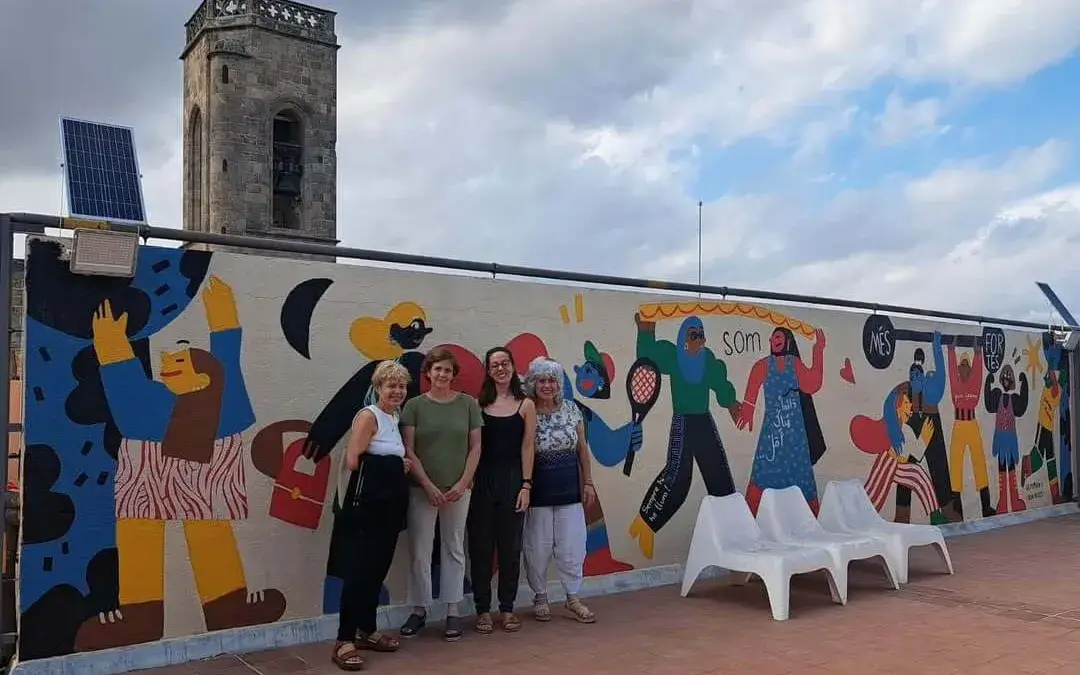In December, the European Union announced an initiative to recognize paternity uniformly in all member states.
LGTBIQ + families have made progress in the recognition of rights in recent years, but there is no consistency between all European countries in this regard. Last December, the European Union published a legislative proposal on the recognition of paternity in order to provide rights to families of all types. It is a proposal that has a special impact on LGTBIQ+ families given that paternity established in one Member State must be recognized in the other Member States .
In a joint statement, ILGA-Europe and the Network of European LGBTIQ+ Families (NELFA) expressed that "this is a great step forward to achieve legal security so that children in cross-border situations have their family life protected, and that have their parents recognized throughout the EU. Today, many children, including children from LGBTI families, lose one of their parents when they cross a border because paternity is not recognized .”
The European Commission has developed this proposal based on the commitment expressed by the EU to human rights and, specifically, the rights of LGBTIQ+ people. In 2020, the president of the Commission, Ursula von der Leyen , said these words: "if you are a parent in one country, you are a parent in all countries ". Thus, the parental bond will not depend on the borders but on the family composition itself.
This proposed regulation is the first of the measures to be adopted in this regard, but, in order to be implemented, it must be unanimously approved by the Council of Europe , after consultation with the European Parliament, which it has already done different related initiatives. In this sense, the parliamentary intergroups for children's rights and LGBTI rights showed their satisfaction and spokespeople made a joint public statement.
For Kim van Sparrentak , of the Greens-European Free Alliance parliamentary group and co-president of the LGTBI Intergroup , "Freedom of movement is a pillar of our Union and yet it seems that some enjoy this right more than others Ensuring that children do not lose legal ties to their parents when they cross a border is not just about legal clarity and preventing administrative hurdles, it is a moral imperative . We warmly welcome this measure and will continue to promote a similar proposal regarding the mutual recognition of relations”.
For her part, Catharina Rinzema of the parliamentary group Renew Europe and vice-president of the Intergroup of Children's Rights , stated that "If you are a family in one Member State, you should be a family throughout our Union; it's as simple as that! The best interests of the child must always be a primary consideration and a child's right to a family is enshrined in the United Nations Convention on the Rights of the Child, wherever it may be."
Rinzema also pointed out that "the parental rights of LGTBI couples must always be preserved and the children of LGTBI parents must have the same rights as their fellow parents of different sexes. A child is always a child".
David Lega , of the parliamentary group of the European People's Party , and co-president of the Intergroup of Children's Rights, added that "The children of LGTBI parents are very exposed to discrimination and LGTBI families have suffered an unjustified compression of their freedom of movement in our Union. This Regulation on the mutual recognition of paternity between member states puts an end to the harm these children and families suffer and moves towards justice in our Union, giving all children, all families, equal rights and a safe place in our societies, wherever they are, without leaving anyone behind".
Finally Marc Angel , member of the Socialists & Democrats parliamentary group and co-president of the LGTBI Intergroup, concluded "We welcome the legislative measure on the strengthening of equality bodies . These national structures are key to ensuring that citizens have the ability to seek legal redress if they are discriminated against. When there are legal protections, these structures help to guarantee respect for the rule of law and the rights of citizens".
Thus, at present, parliamentary support for the proposed measure is broad and the demand of the different federations and LGTBIQ+ entities finds an answer. Five years after the Regulation is applicable, the Commission will evaluate its application by the Member States and modifications may be proposed .







Add new comment